Hi everyone! I’m Abi, a postgraduate student currently finishing up my MSc in Island Biodiversity and Conservation. While many of my coursemates packed up and headed home once lectures ended, I decided to stay put in a university city for the summer – just not the one I studied in during term time. I moved to Plymouth to work on my dissertation, and even though it’s technically a “new” city for me, I haven’t gone home.
Whether you’ve stayed in your uni city or, like me, moved to a different one for work, study, or a placement, this post is for you. Staying somewhere new or sticking around after term ends can feel strange at first. The campus quiets down, societies stop running events, and lots of familiar faces disappear. It can get a bit lonely, but it doesn’t have to be sad! In fact, part of me wishes I had done it during my undergrad degree! I’m so used to living in cities now (even small ones) that going home to the village I grew up in feels like slamming on the brakes and going back to being 16, and I’m not a fan (even though it can be gorgeous in the summer):
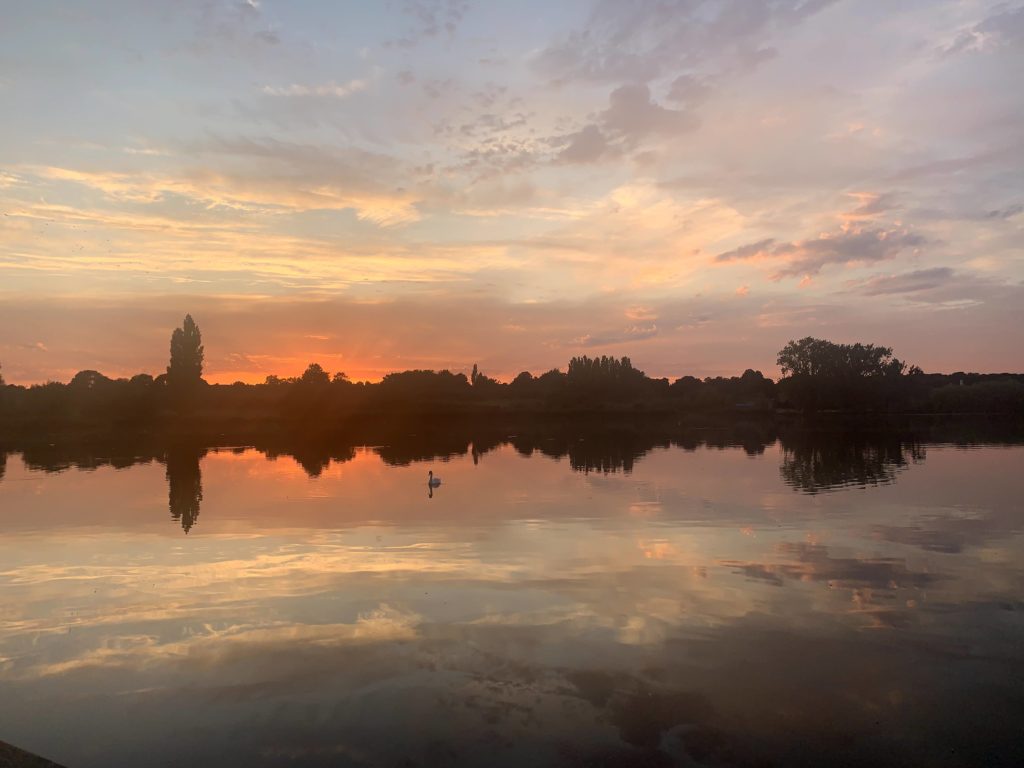
If you’re in a beautiful part of the UK like Exeter or Cornwall, there’s so much on your doorstep waiting to be explored. And even if you’re not somewhere coastal or green, staying in a uni city can offer a completely different (and surprisingly grounding) experience of student life.
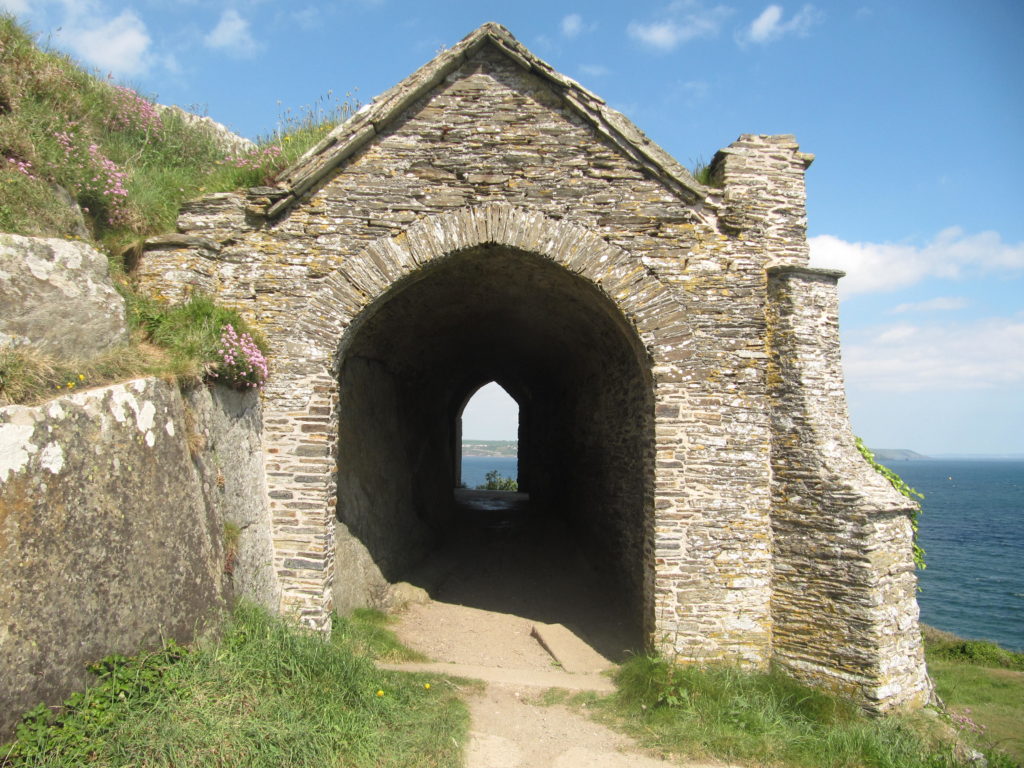
Here’s what I’ve learned about making the most of a summer spent in a university city, and why you might want to consider doing the same.
1. Embrace the Tourist Mindset
Just because you’ve lived in your uni city for a year (or three) – or just moved to a new one – doesn’t mean you’ve seen it all. In fact, the summer is the perfect time to act like a tourist. With fewer deadlines and more daylight hours, you’ve got more times to do all the things you said you would but didn’t get the time to do in term time! Have a look at some of the tourist landmarks you’ve missed in Exeter. Or if you’re on the Penryn campus, you could take a surfing or sea swimming lesson! Or try a new watersport you haven’t done before (although make sure you know how to be safe if you do that, and make sure you’ve seen the RNLI float to live campaign: https://rnli.org/safety/float).
I enjoy anything to do with the sea, but I also love to take day trips out to Dartmoor for walks, which is nice and cheap if you have a railcard. From Exeter you can get to so many nice places like Totnes, Exmouth, and Falmouth by train. If you’re in Cornwall or Devon, you are honestly spoiled for choice: beaches, coves, wild swimming spots, and cliff paths abound.
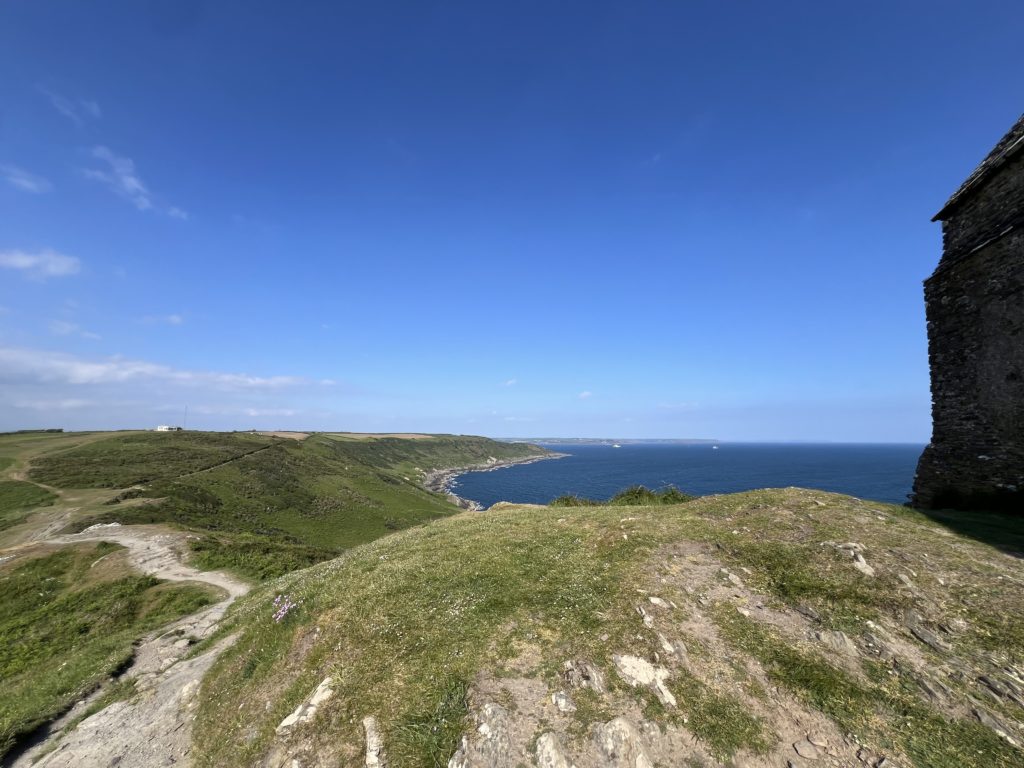
Even if you’re not in a coastal town, every city has its hidden gems. Take yourself out for breakfast somewhere you’ve never been. Visit local museums or galleries. Search out summer events, you’ll be surprised how many free festivals, outdoor concerts, and markets pop up in July and August. A lot of locals are doing the same, so there’s a nice community energy.
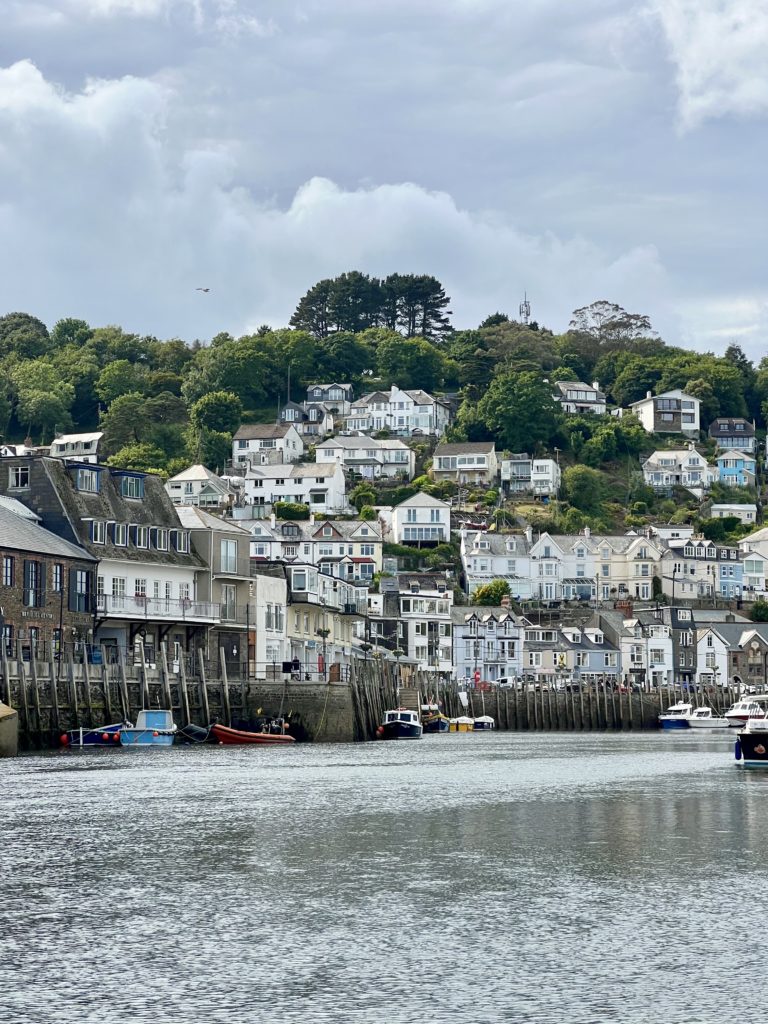
2. Step Outside the Student Bubble
One thing that really shifts over the summer is the social dynamic. Most student societies stop running, and it’s easy to feel like everyone’s disappeared. But this is actually a brilliant time to expand your social circle beyond the university; something you’re going to have to do at some point anyway!
I started volunteering with a local marine conservation group, and not only was it a great way to get outdoors and do something meaningful, but I also met people of all ages and backgrounds, not just other students. Getting involved in the local community can help you feel more rooted, especially if you’re thinking about staying in your uni city after graduation. It gives you a head start on building a life that isn’t entirely tied to term time.
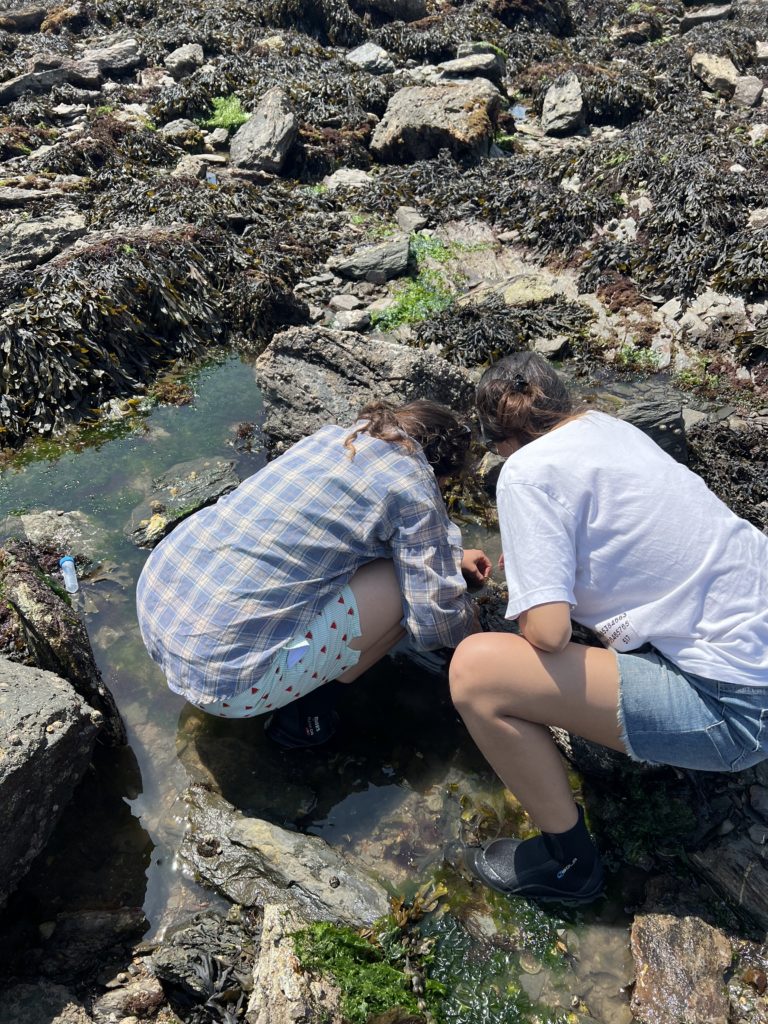
If you aren’t sure where to start, look at local Facebook and Instagram groups, noticeboards in cafes or community centres, or just ask around. Whether it’s a sports club, gardening group, knitting circle, or volunteering scheme, joining something outside the student ecosystem is a great way to feel part of the place you’re living in.
3. Use the Time to Try Something New
Without as packed a schedule, the summer is the perfect time to experiment. Sign up for a short course, pick up a hobby, or learn a new skill. So far this summer I have taken up running again, done a powerboating course (during which it rained for an entire day), joined an outdoor fitness group, started a new part-time job as a cocktail bartender, gone to a line-dancing class, and tried stand-up paddleboard (SUP) yoga! None of these things were part of my original summer plan, they just emerged once I slowed down enough to see what I actually wanted to do. And now my schedule is packed again (which is just how I like it!) You don’t have to be “productive” in a traditional sense; it’s just about enriching your summer in ways that feel enjoyable and refreshing. I’m working part-time and doing my Masters dissertation this summer, but I’ve still made time to try new things (including learning how to make a yummy espresso martini, and enjoy myself!

4. Managing Loneliness and Mental Health
In all honesty, staying in a university city over the summer can be lonely at times. Your usual support network might be away, and it can feel like you’re the only one left behind. If you’re living in student halls or shared houses, they might be half empty, which only adds to the echo. I’m living in a studio, and so I maybe run into two other people a week in the halls (not including the receptionist), and having just moved to Plymouth and left most of my friends in other cities, it was really hard at first to keep getting myself outside.
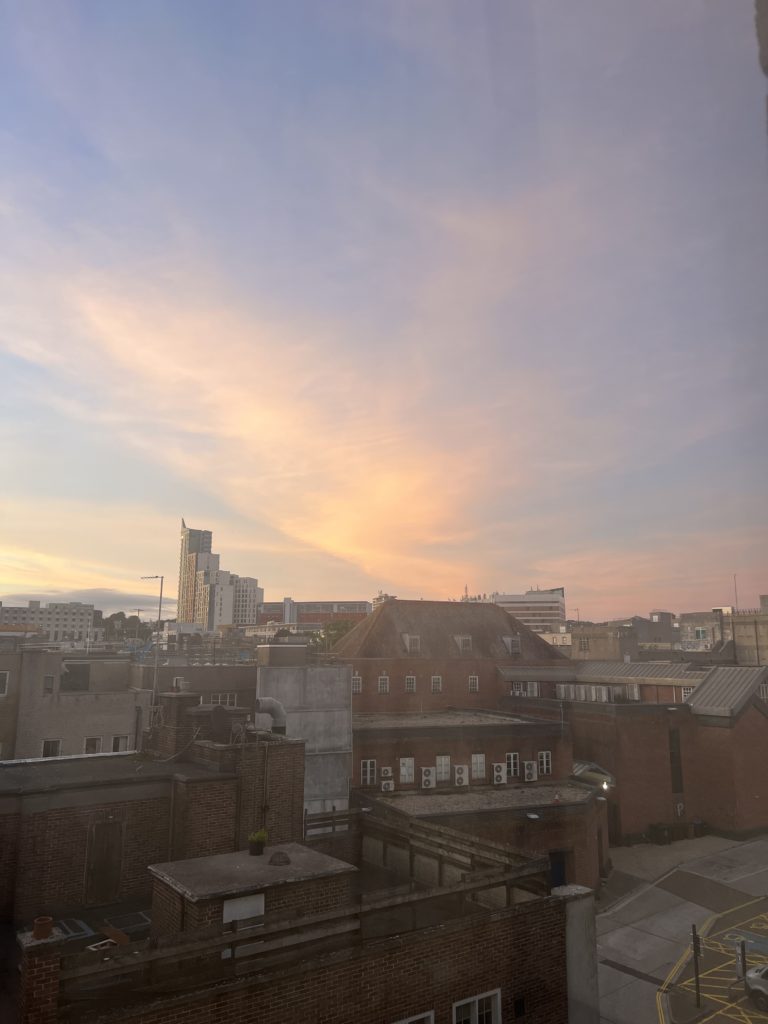
This is a good time to really tune into what you need. Reach out to friends, even if they’re far away. Make use of student mental health services if you’re struggling – this is the link to Exeter’s wellbeing services, which are still available in summer: https://www.exeter.ac.uk/students/wellbeing/ You can also find free and anonymous services like Togetherall (https://togetherall.com/en-gb/) or Student Space (https://studentspace.org.uk/) if you’re looking for an online medium.
Creating a small daily routine helped me a lot. Even simple things like getting up at the same time, going for a morning walk, or setting aside time to cook a proper meal made the days feel more structured and less drifty. And don’t underestimate the power of a good chat with a barista or a neighbour, sometimes those small interactions make a big difference. If you have work to do, try and do it in a public space like a café or a library, as there’ll probably be other people working alone and it might make you feel less alone.
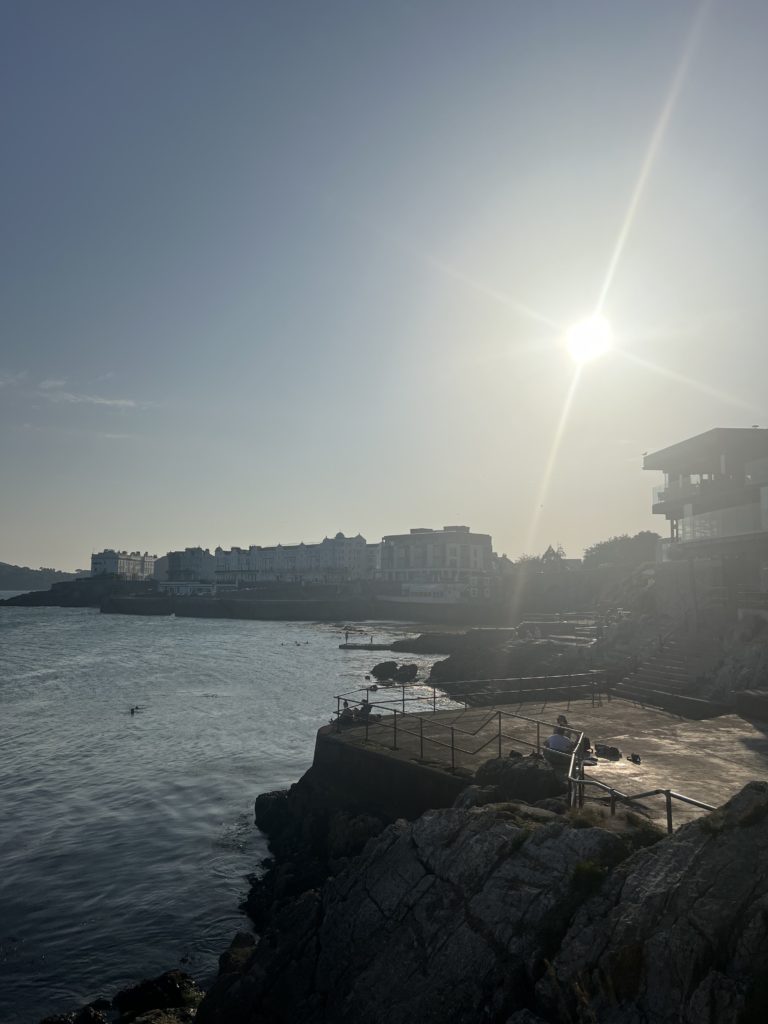
Another thing is to try and reach out to other students in the same position! I’m a postgraduate student, so it’s not uncommon for other postgrads to still be in my uni city over the summer. However, as I’d just come back from what was essentially a year abroad, I didn’t know anyone. I met the people I’m spending my summer with on LinkedIn! I looked for people in the city doing similar courses to me (banked on us having similar interests…), sent a message asking if they wanted to meet up, and it worked out amazingly! Reaching out over social media can feel really scary, but the worst they are going to say is no… and you might find that other people are feeling exactly the same as you.
5. Practical Tips for Making the Most of It
Here are a few things I found helpful:
Use your railcard! A 16-25 railcard can make spontaneous day trips super affordable. Pack snacks, grab a book, and make a playlist.
Join a non-student club or course. You’ll meet people outside the student bubble and learn something new.
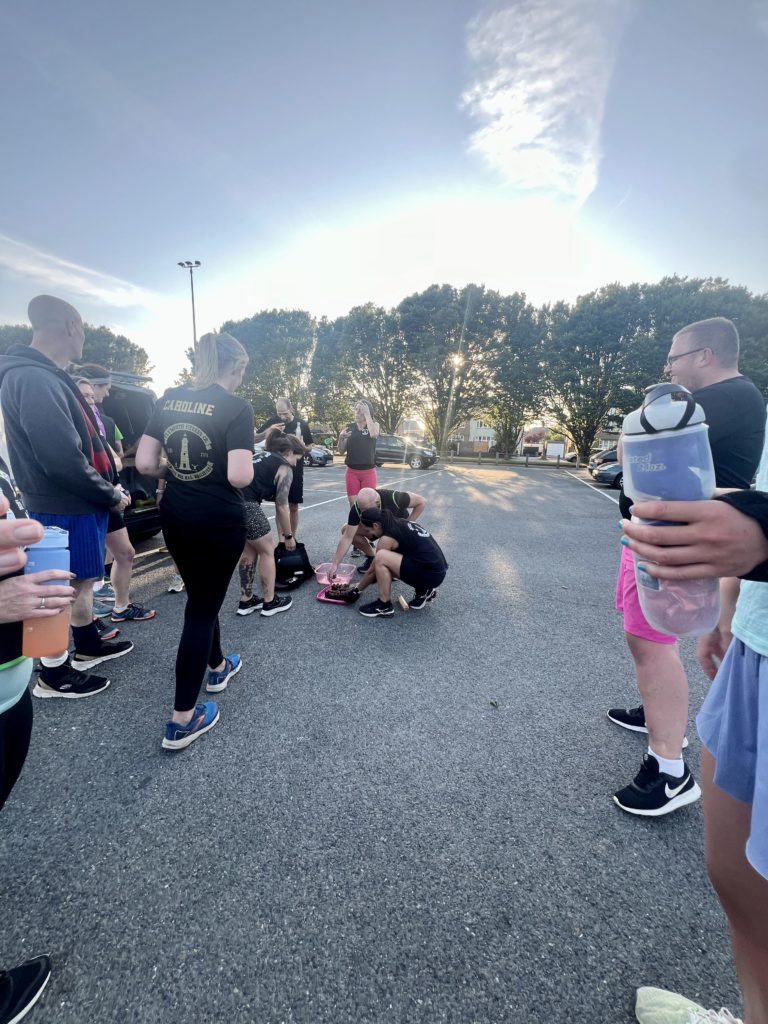
Volunteer. It’s a great way to meet people, give back, and spend time outdoors or doing something different.
Keep a loose routine. You don’t need a packed calendar, but some structure helps avoid that aimless summer feeling.
Don’t be afraid to be a bit lonely. It passes. And in the meantime, you’re building resilience and independence. Sometimes the best things come from a period of loneliness, it’s when you get the time to slow down and think about what you want to do next. Who knows what you’re going to discover when you’re just trying to meet people and fill your calendar?
Say yes to things. A new café opening? A street festival? An invitation to join a beach clean-up? Go for it.

To conclude:
Staying in a university city over the summer might not be everyone’s first choice, but it can be incredibly rewarding if you embrace it. There’s so much freedom in having time, space, and fewer obligations. You get to know your surroundings in a new way, meet new people, and maybe even discover a different side of yourself.
So if you find yourself sticking around, or starting fresh somewhere new, this summer, don’t feel like you’re missing out. You might be exactly where you need to be. And who knows? This quieter, slower, sunnier version of uni life might just be the highlight of your year.


